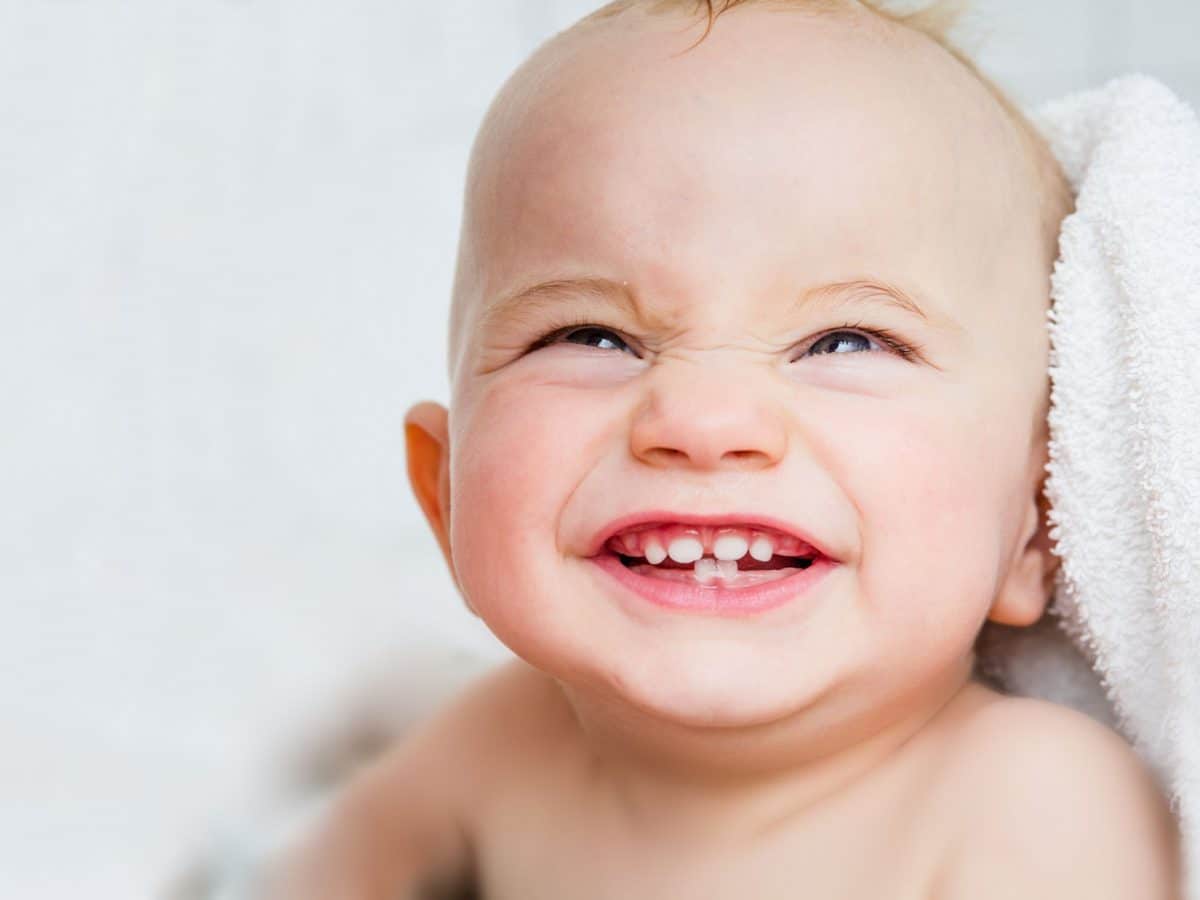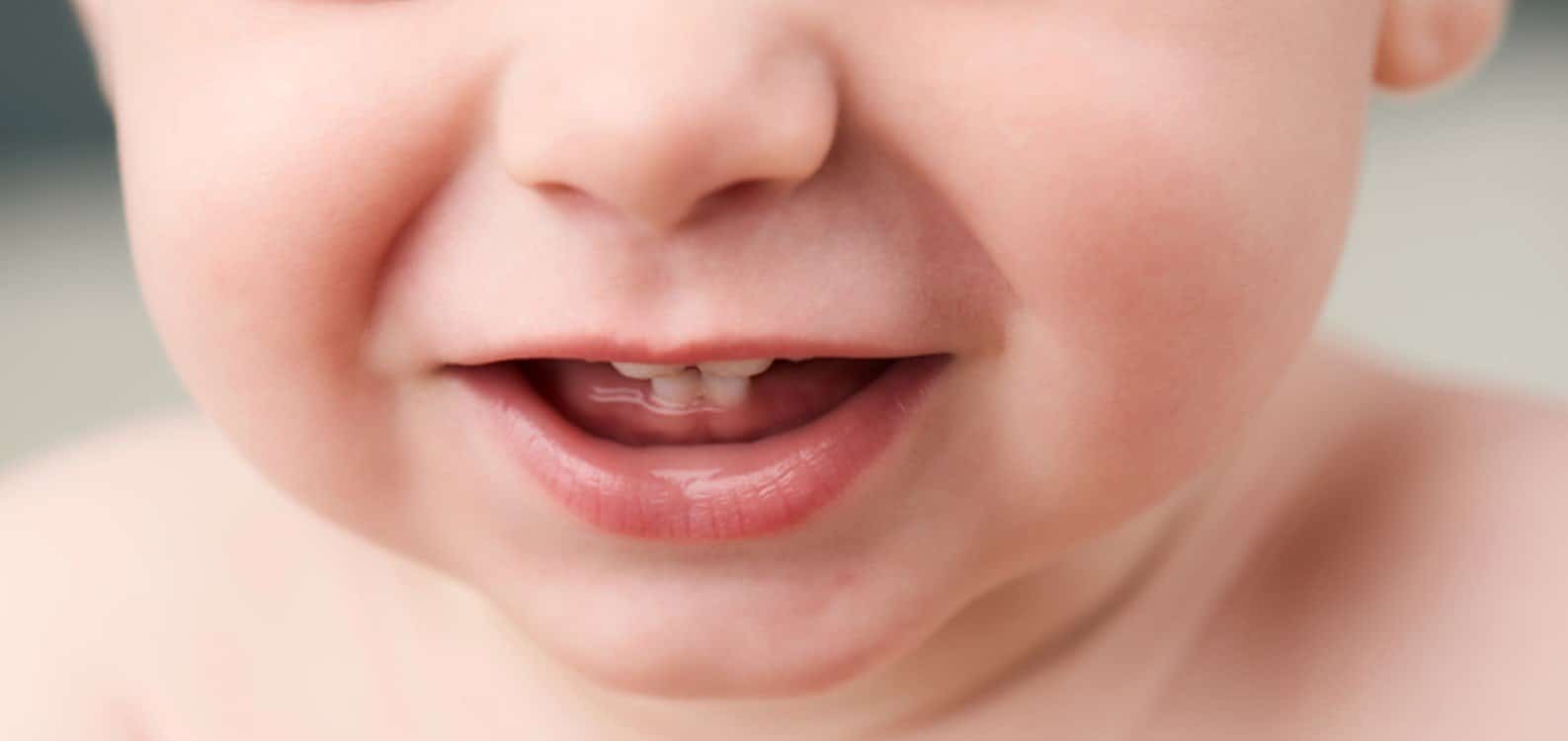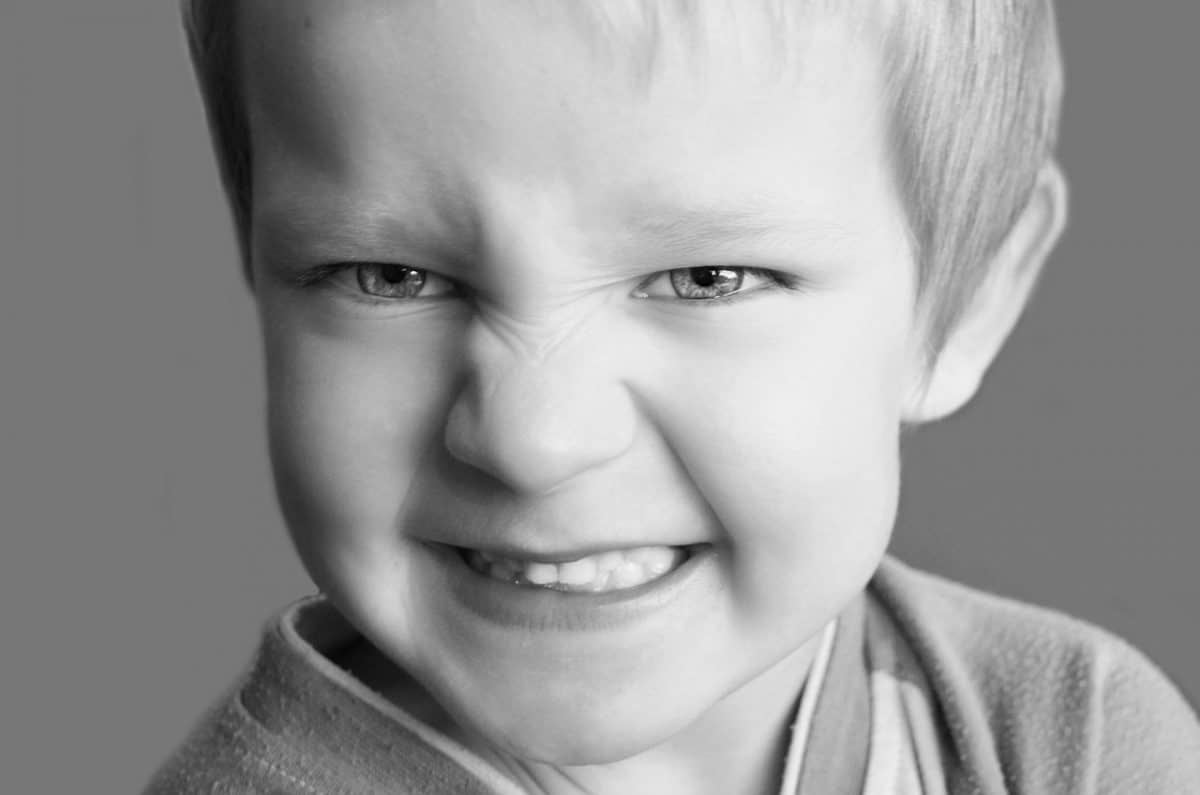
My baby rubs teeth… Is it normal? Is there to worry? If an adult grinds his teeth or suffers from bruxism, no one is surprised but when a baby is observed rubbing his teeth, worries begin. Is a tooth about to come out? Will something hurt?
There are many reasons why a baby can rub their teeth and today we will try to discover them in order to be attentive to any eventuality.
Rub the teeth, the reasons
The scene is presented on numerous occasions: the baby is observing something and a slight sound of his teeth is heard. Or you can hear him grinding his teeth when traveling in the car with him or her sitting in his chair in the back of the vehicle. The noise can be soft and at the same time become deafening for those parents worried about any irregularities in their little ones. Especially if they are new parents with babies rubbing their teeth.

What is there to do? Will we have to give him the pacifier to calm him down? Is it the typical anxiety that is repeated in adults in the form of bruxism? By the way, babies rub their teeth differently from adults or can they also suffer from bruxism? The answer is yes. According to statistics from the Nemours Foundation, a pediatric health system in the United States, 2 or 3 children out of every 10 children grind their teeth, while 70 to 80% of the population suffers from some type of bruxism, says the Dr. Ángela Nakab, pediatrician at Hospital Elizalde, member of the Argentine Society of Pediatrics.
One of the reasons why babies rub their teeth it is because of the novel experience. Having teeth is something new for little ones under one year of age. As with the development of motor skills or vision, the experience of having teeth leads them to experiment: making noises with their mouth and listening to themselves are part of the novelty. It is even common for them to make noises to fall asleep.
Another reason why my baby rubs teeth may be due to the appearance of first teeth. According to the Nemours Foundation, one way for babies to relieve pain or discomfort from changes in their mouth is to press and rub.
What to do if my baby rubs his teeth
Bruxism is the habit of baby clenching teeth involuntarily. It can occur during the day or at night, although in most cases it happens at night. Therefore, it is common to hear babies grinding their teeth while they sleep. The good news? Nothing bad will happen, even if it looks like your teeth are going to break, that is not going to happen. On the contrary, the habit of rubbing the teeth will only go away for the baby.
Once the experience of having teeth has passed, the child will get used to the new situation. For this reason, the habit of a baby rubbing teeth will progressively decrease as permanent molars and incisor teeth come out. Finally, keep in mind that this disorder is temporary.

It is common for bruxism in babies to appear during tooth replacement and, therefore, it ends once it ends. Now, in cases where the baby rubs the teeth even after this process, it is best to consult a pediatric dentist to evaluate the case. If the habit lasts longer than necessary, it can cause wear or deterioration of the teeth. Or the gums may be damaged. Another problem in these cases is that the force exerted by the baby when rubbing the teeth can cause muscle aches in the jaw or headaches.
Well then, there is no need to worry if the baby rubs his teeth since it is a natural process linked to the appearance of his teeth. But, if the habit is prolonged in time or you notice something strange, the consultation with a pediatric dentist will be important because he will be the one who can establish the diagnosis.
